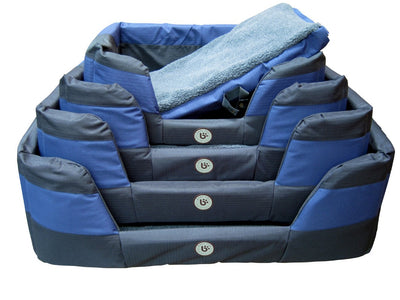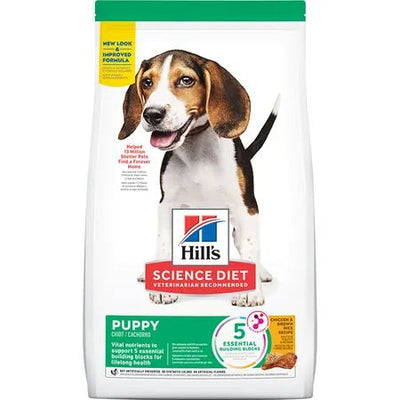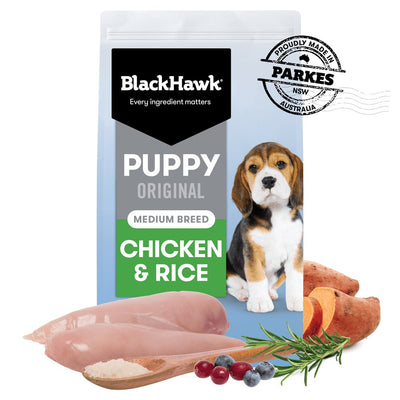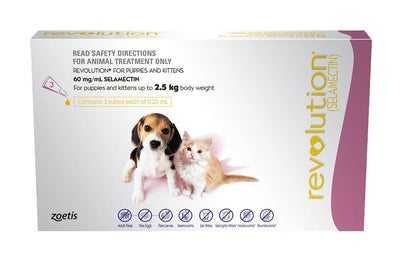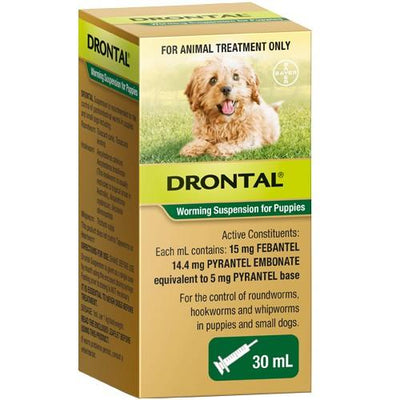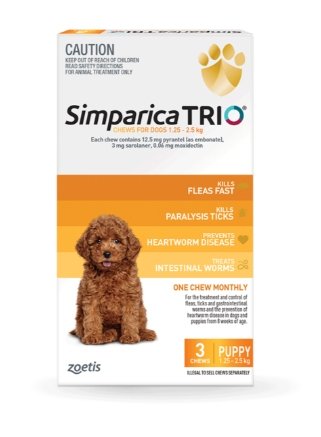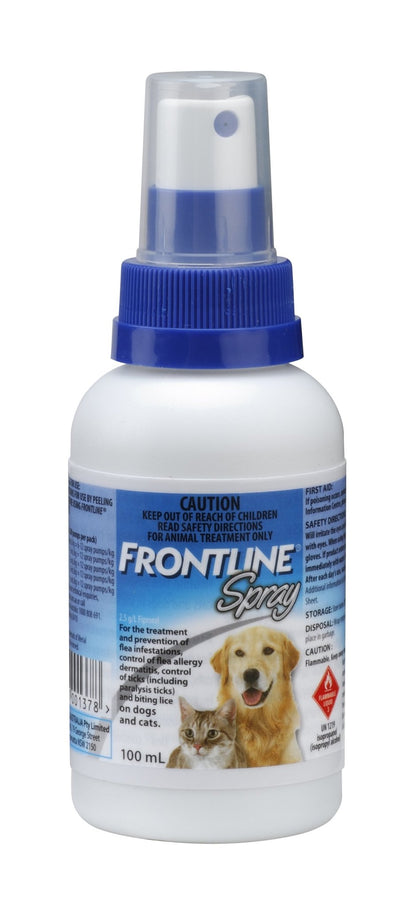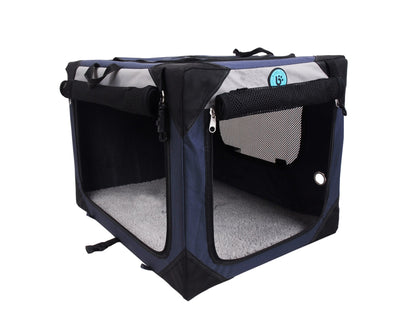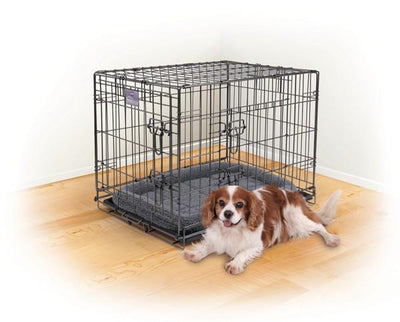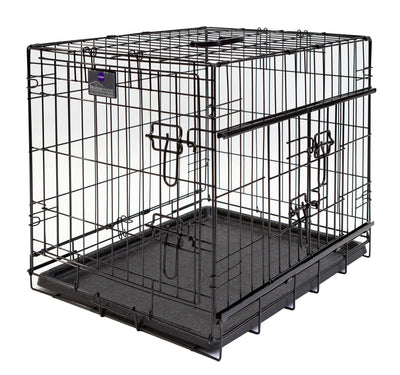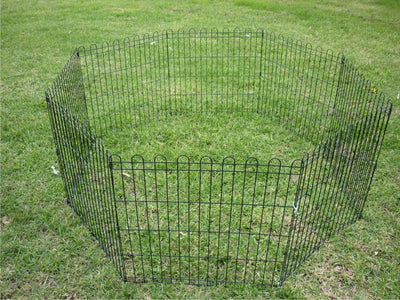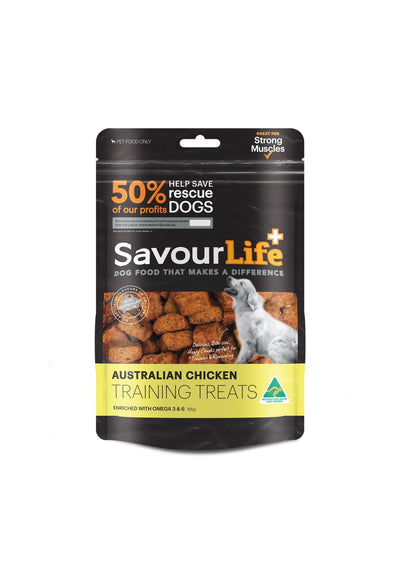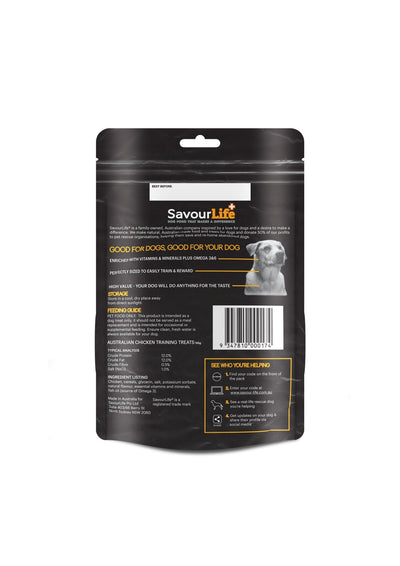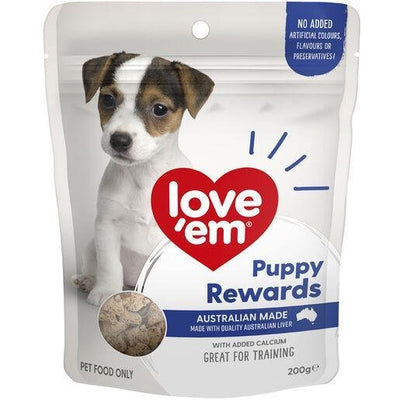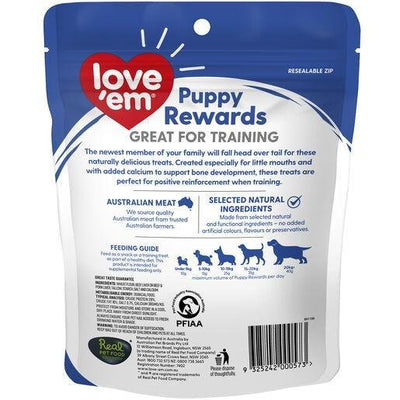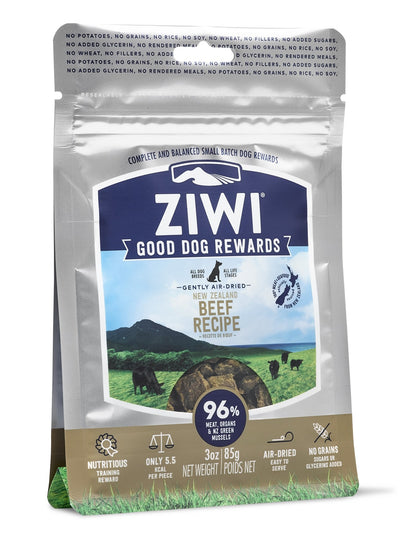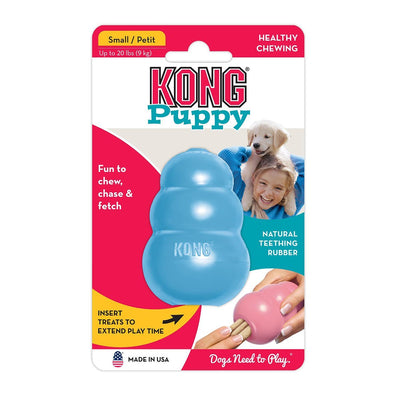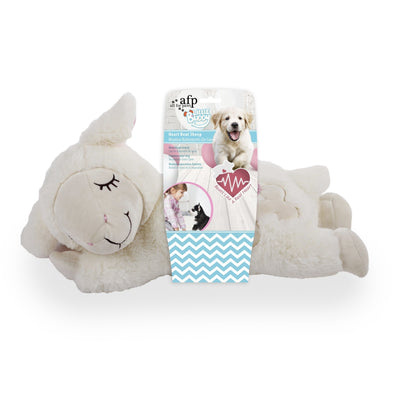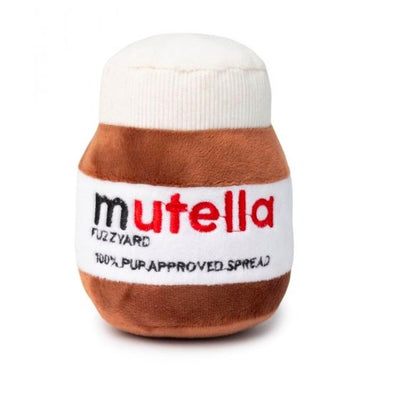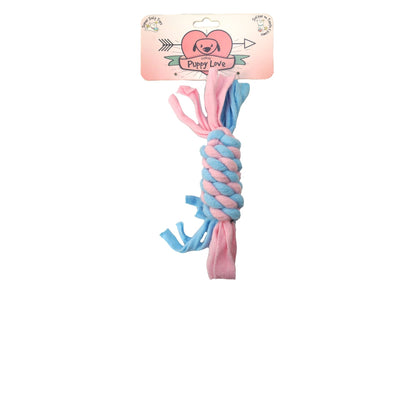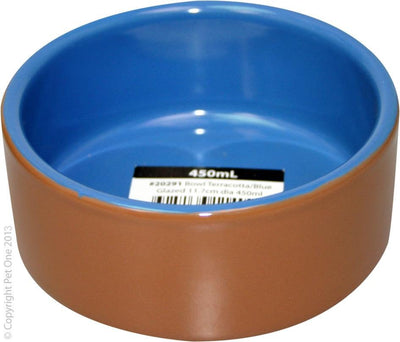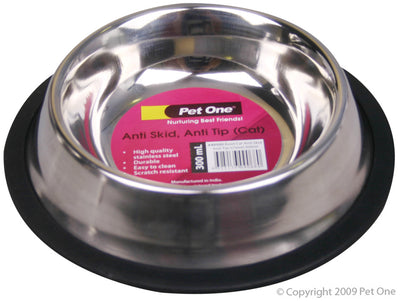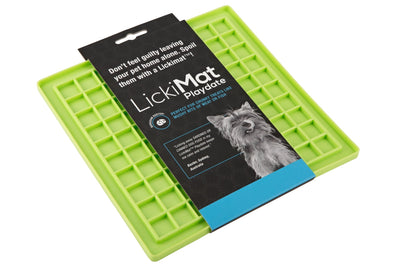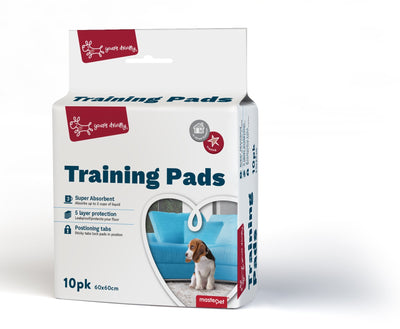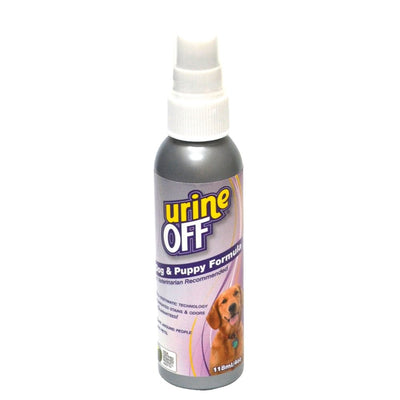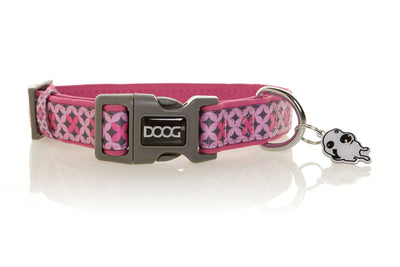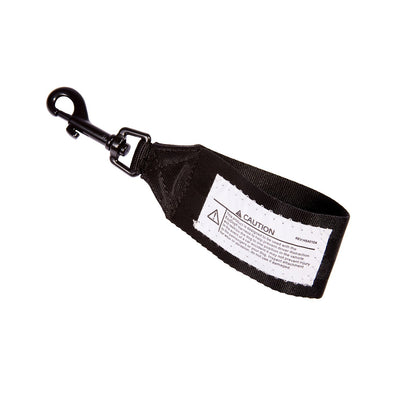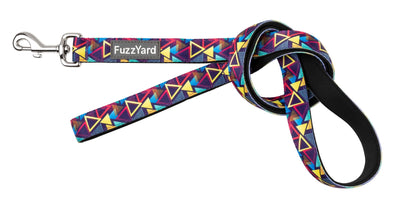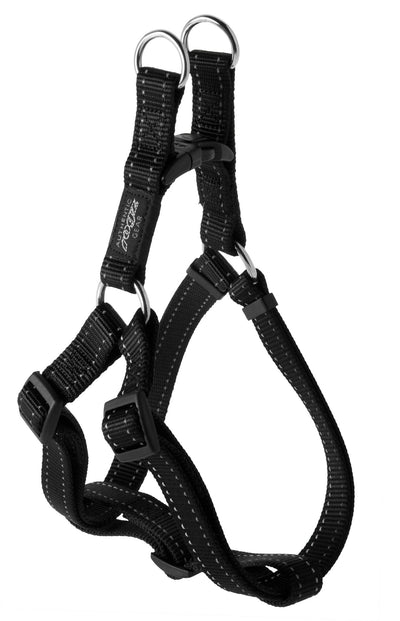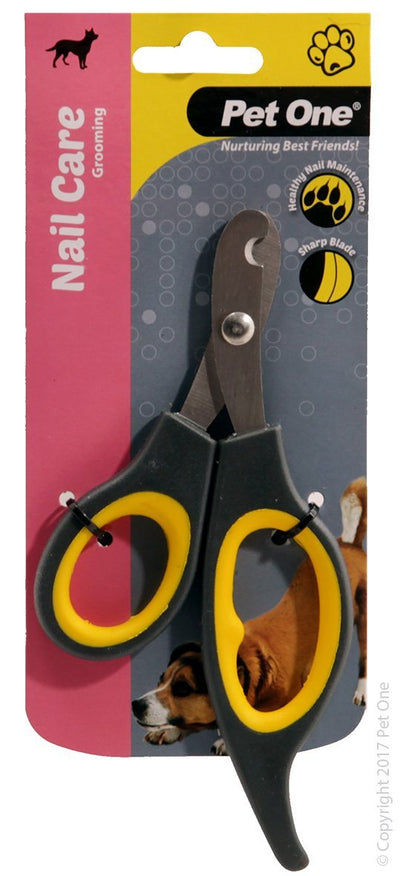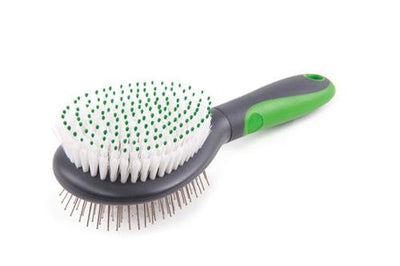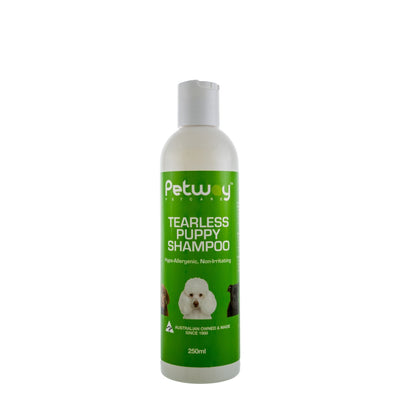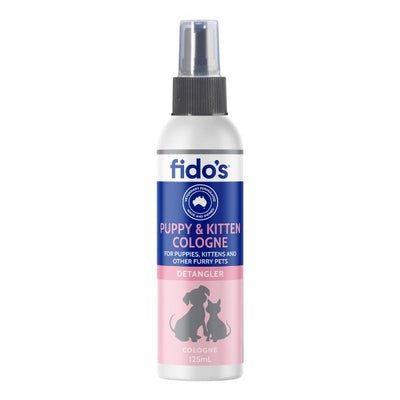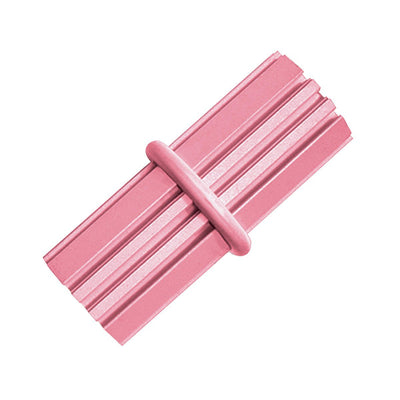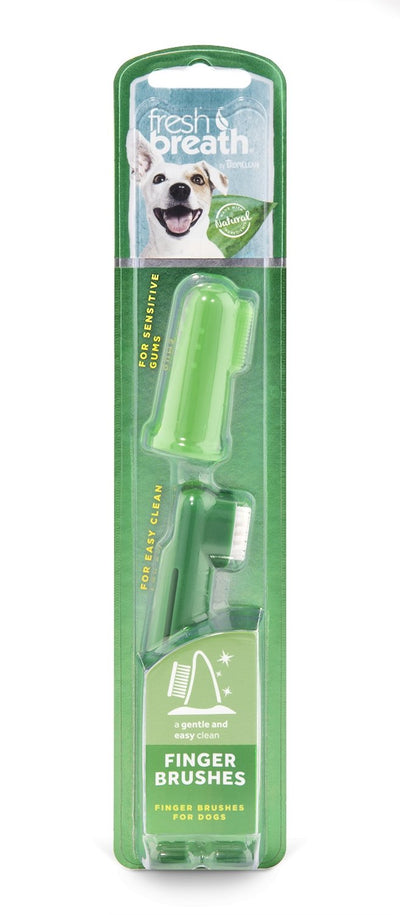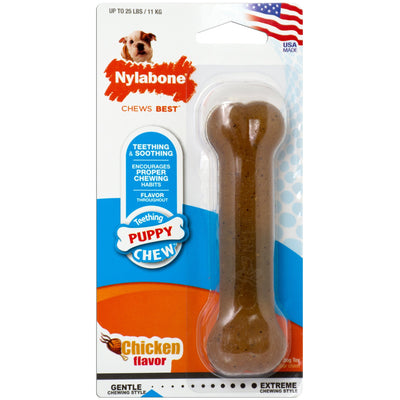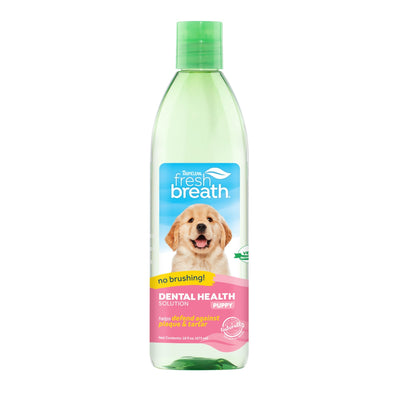Bringing home a new puppy? We’ve got you covered to ensure your new puppy has the best start to life. Getting a new puppy can be very exciting but also very daunting! In the midst of all the fun and excitement, it’s important to remember the practicalities. To take the stress out of the process, our team of pet experts have put together the ultimate guide to ensure you are stocked up on all the puppy essentials and supplies and have everything you need before your pooch arrives.
Bedding
It is important to create a safe and cosy sleeping space where your puppy can sleep, rest and feel safe while they settle into their new environment. You will notice your puppy will have two speeds – full on, and fast asleep. They will sleep a lot during the early months, so a warm and comfortable bed is essential. You should choose something durable, and easy to chuck in the washing machine. If possible, provide your puppy a few different options around the house to choose and include a soft-sided bed that is cuddly and cosy. They will grow quickly, so keep that in mind when choosing!
Food
It is important that your puppy is fed a high-quality diet, to give them the best start to life. Firstly, ask the shelter or breeder what food your puppy is currently eating. If they are feeding a premium food, you may choose to stick with this brand. If you are to change your pup’s diet, it is important to ask the breeder for some of the food so you can gradually change their diet. This will ensure they don’t get an upset tummy. Most puppy foods are designed to feed up to 12-18 months of age, where you can slowly transition to adult food.
Flea, tick and worm treatment
It is important to make sure your little pup is protected from nasty parasites including intestinal worms, heartworm, fleas, ticks and mites. Some parasites can be life threatening, so this is an absolute must. There are many safe and reliable products on the market suitable for puppies as young as 2 days of age. We recommended discussing these options with your veterinarian to ensure your puppy is protected as early as possible.
Crate and/or play pen
Crate training is an increasingly popular training method to promote good sleeping habits and create a sense of security. Using a crate at night will provide your dog with a comfortable, quiet and safe place to go to sleep. It is also useful to keep your pup separated from other pets. Similarly, play pens create a safe and confined space for play outside. This means your pup has plenty of room to run around, but don’t go too far.
Treats
Good quality treats can be an invaluable training tool. All puppy parents keep a stash of treats on hand to help reward good behaviour and let them know they are a good boy. When you give your pup treats, you want to feel confident knowing you are choosing the best treats for them. Puppy teeth are more fragile, so you should avoid your puppy bones and other super tough chews. Try some smaller training treats, biscuits or natural treats such as jerky or meat bites.
Toys
Play is super important for your puppy as they grow, so it is important they have access to good quality, stimulating toys. You can keep things exciting by allowing access to a couple at a time and rotating them every few weeks. You should invest in long lasting, age and size appropriate toys that will keep your pup busy and entertained. Soft, cuddly toys are a good idea to help your pet settle into their new home, while chew toys may help prevent them chewing shoes and furniture. Other interactive toys like balls and tug toys are fun for play time, while you can’t go wrong with food dispensing toys that keep them entertained for hours. As they grow, you will start to learn what toys they love!
Food and Water Bowls
You will need two good quality bowls to allow your pet access to their food and water. A heavy ceramic bowl is a great choice for water as it keeps water cool and is difficult to tip over. You may want to place a couple of water bowls around your house to ensure they always have access. There are various options of food bowls available that are hygienic and easy to clean. It is important to choose something suitable to your pup’s size, and they won’t tip over. If your pup it a fast eater, you may want to check out the interactive feeders to slow down mealtime.
Toilet Training
When your pup is old enough, you will need to start taking him or her on walks for exercise and socialisation. It is important to have a good quality harness or collar and a lead. A soft, adjustable collar is a good start to get your puppy used to wearing one. Be sure to check on the collar weekly as your pup grows. Moving forward, you may find a harness more convenient for walking, as it’s harder to escape from and provides extra comfort. A standard lightweight lead will be adequate for walking. A car seatbelt attachment or travel harness is also useful if your pup will be going in the car on the way to their beach walk! When you take your dog out walking, don’t forget to pack poo bags to clean up their business!
Exercise
When your pup is old enough, you will need to start taking him or her on walks for exercise and socialisation. It is important to have a good quality harness or collar and a lead. A soft, adjustable collar is a good start to get your puppy used to wearing one. Be sure to check on the collar weekly as your pup grows. Moving forward, you may find a harness more convenient for walking, as it’s harder to escape from and provides extra comfort. A standard lightweight lead will be adequate for walking. A car seatbelt attachment or travel harness is also useful if your pup will be going in the car on the way to their beach walk! When you take your dog out walking, don’t forget to pack poo bags to clean up their business!
Grooming
It is important to be equipped with appropriate grooming tools for your pup. The type of brush/es you need for your furry friend will depend on whether they have a short or long coat. It is a good idea to get them used to being brushes from when they are young. There are a range of shampoos and conditioners that are specific to puppies. This will help keep their coat clean and in good condition. It is a good idea to choose products that are gentle, as puppies can be extra sensitive. If you feel confident, you can purchase nail clippers to add to your grooming kit, however many prefer to visit the groomer for this.
Dental Care
Get your puppy used to teeth cleaning from the beginning using dog specific brushes and toothpaste. Your puppy will start teething from about 12 weeks as their adult teeth start to come through. This means they will start chewing everything, so give them plenty of appropriate chew toys to save your shoes and help their teeth too. Until they have their adult teeth, avoid giving them harder dental chews or bones. Once they have their adult teeth, you can start thinking about their regular dental care.



